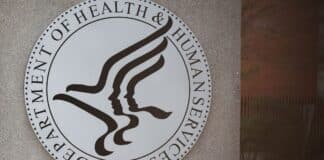A recent survey conducted by The Harvard Crimson indicates that a significant portion of Harvard’s graduating class felt uncomfortable expressing controversial opinions during their college years. The findings reveal that one-third of the respondents did not feel at ease sharing their views on contentious topics in class.
This sentiment aligns with broader concerns about free speech on college campuses. The Foundation for Individual Rights and Expression (FIRE) recently ranked Harvard last among 251 institutions in its 2025 College Free Speech Rankings, labeling the university’s speech climate as “abysmal.” FIRE’s assessment was based on factors such as students’ perception of their ability to discuss controversial topics and the administration’s response to free speech issues.
The reluctance to voice dissenting opinions is not limited to students. A survey by Harvard’s Open Inquiry and Constructive Dialogue Working Group found that over half of the university’s professors are hesitant to engage in discussions on controversial subjects, both inside and outside the classroom. Concerns about potential professional repercussions, including negative evaluations and social media backlash, contribute to this apprehension.
This environment has led to increased self-censorship among both students and faculty, hindering open dialogue and critical debate. The challenges at Harvard reflect a broader national trend, with many academic institutions grappling with how to foster a culture that supports free expression while maintaining respect and inclusivity.





